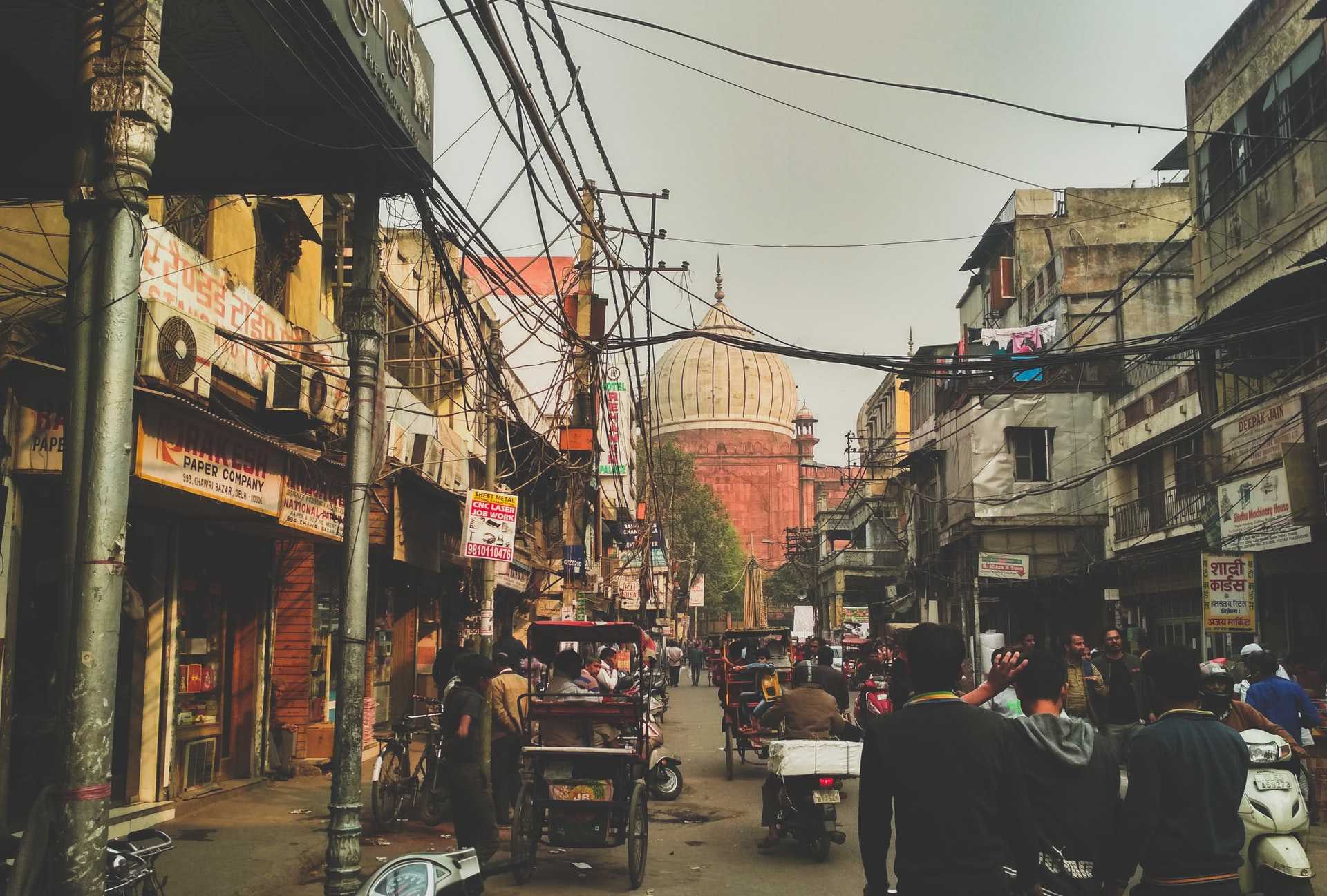Bog Standard
The Ministry of Utmost Happiness ( a review)
July 02, 2020 • ☕️ 3 min read
Can fiction ever be apolitical? Probably not
Fiction is a universe distilled through the world-view of the author. Even a fairytale would be political in the things it refuses to dwell on. So would stories that most people would consider uncontroversial (Your story is about a litter of kittens following around their mother and mewing all day? What about the insects it maimed, you monster!).
The Ministry of Utmost Happiness goes out of the way to be political. This is the first book of Arundhathi Roy that I’ve read. I picked it up because I recognised her name. I should have researched a bit more, because many times throughout the read I felt like giving up. But I soldiered on (pun initially unintended, but later owned up to).
If Arundhat Roy would consider re-titling the book, I’d like to offer “A prayer of hatred for India”. In the first few chapters, I thought it was trying to take the views of the less fortunate, or rather, the less represented. But by the end (and the last scene!) I was convinced that this book is nothing but hatred for India. The soldiers are weak and corrupt, the policemen are murderers and rapists, vegetarians are tyrannical and hypocritical, but terrorists in Kashmir are kindly heroes who will avenge every injustice. The only bad terrorists are the ones who are working with the police. As far as I remember, the good-guy terrorists never kill anyone. Same with the communists, who are shown as the heroes of the common folk. Also hindu customs and festivals are depicted as harmful, but goat-sacrifice for Eid is romanticised. Arundhati never attempted to hide her biases.
Also, on a not so serious note, I really did expect there to be a “Ministry of Utmost Happiness”, but was disappointed to not find one in the book.
The book is contrarian in every way. I’m tempted to say that it was as if a Pakistani wrote the book about India (how easy of an insult and how inaccurate) but it’d not be so fixated, maybe not so hateful either. This book tries really hard to rebel.
Despite all of this, I liked the narration and the writing style. I especially liked the descriptions of people. The book contains a lot of humour. Some of it is dark. Overall the tone is very cynical. There are a lot of characters in the book, but the book focuses on Anjum, and S Tilottama. You can almost slice the book into two parts, each part focussing on one of them. Most of the book is about everything that leads up to their meeting.
The chapters about Anjum were fresh. These chapters deal with the struggles of being a transgender in a very human way. At no point did the character feel artificial. Anjum has loving families–biological and adopted. I was invested in knowing if she would get to be the real “mummy” to her child. The internal politics of the gharana and Anjum’s insecurities were a very interesting read.
I did not enjoy Tilottama’s chapters as much. We see her through the eyes of her three former lovers and also through her own. Tilottama’s arch felt forced. She felt like a character out of The Fountainhead. She exists for the sake of furthering the author’s doctrine. All the main male characters in her life fall in love with her, and it doesn’t make sense. Two of those three are stand-ins for “the establishment” and they pine for her affection till the end. The only one who gets her is a Kashmiri rebel.
Biplab Dasgupta is a token point of view character for the establishment. He is a self-loathing drunk who is still in love with S Tilottama even decades after never seeing her (because god-knows-why). In the end, he changes his mind about Kashmir. Like many other characters, he only exists for propaganda.
I did not enjoy the plot point of Anjum getting stuck in Godhra during the riots and getting traumatised. This was probably the only part of Anjum’s chapters that didn’t feel natural.
The same thing about having Miss Jebeen II being the chlid of rape of a well-meaning dark-skinned naxal (all three adjectives being very important). It was as if the author was running out of plot to cram propaganda.
I will give it 3.5 out of 5 because it is an above average book, but many characters and some plot points feel forced.

Written by Pawan Hegde who loves tinkering with code. If you want to know more about him, maybe you should visit his website